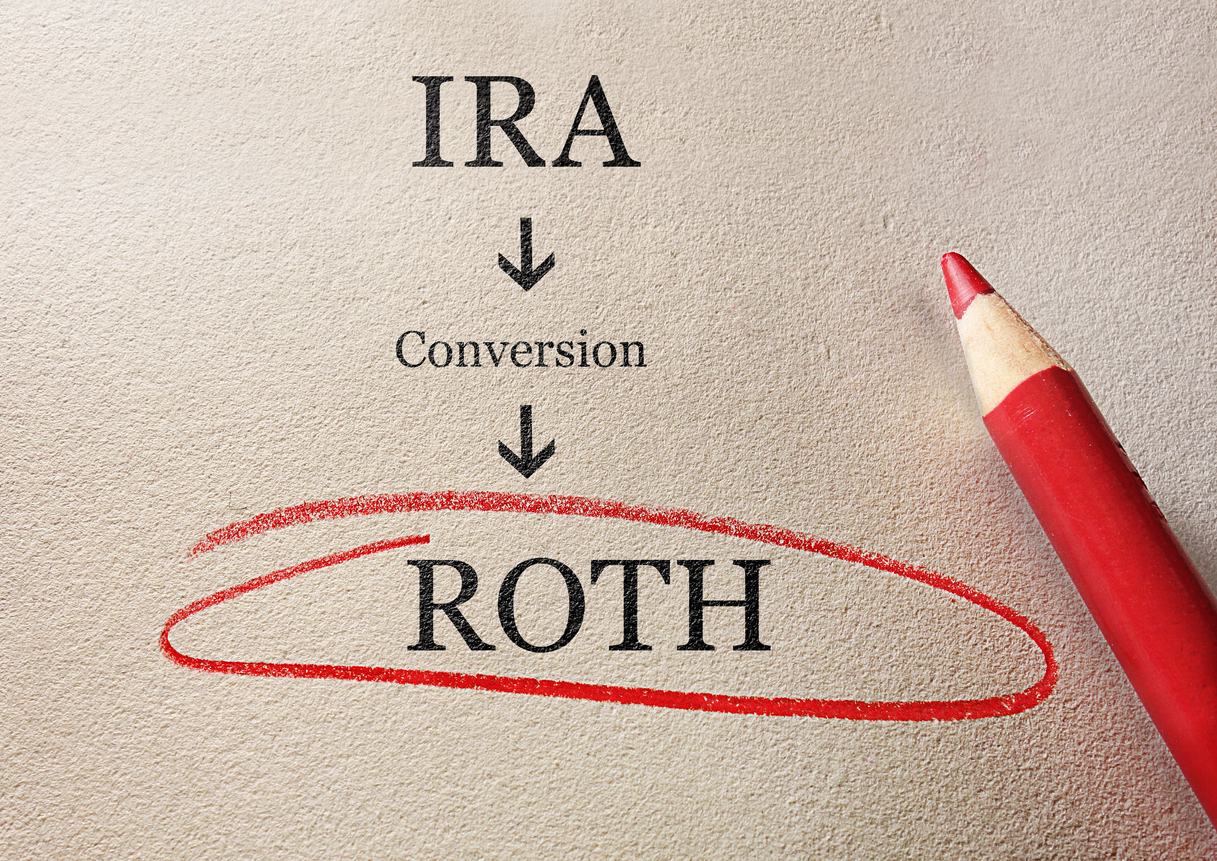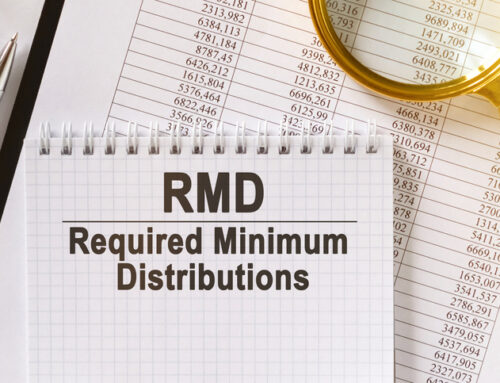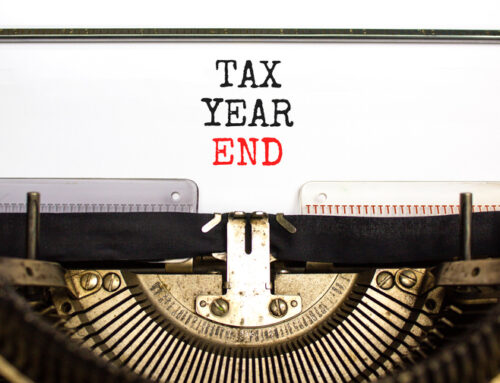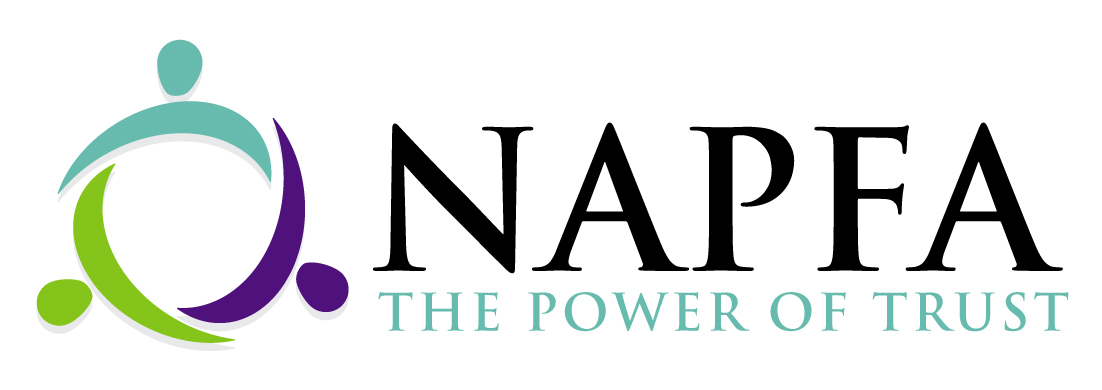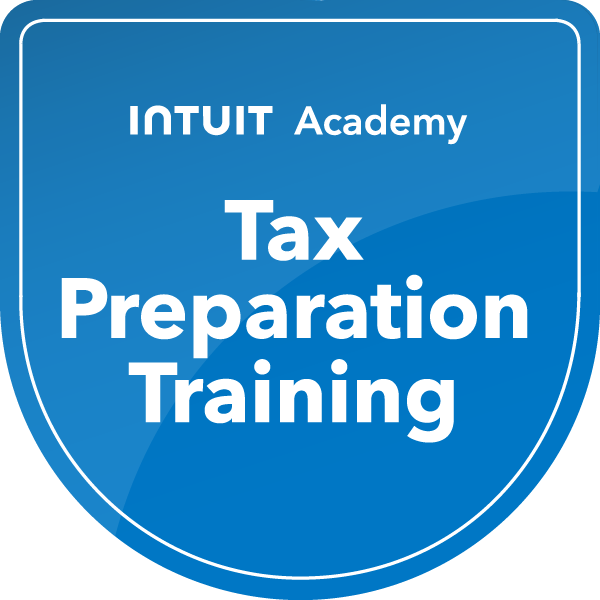As you approach retirement, one of the most important financial considerations is how to manage taxes on your retirement income. Without proper planning, required minimum distributions (RMDs) and other withdrawals could push you into a higher tax bracket, potentially eroding your hard-earned savings. However, there are tax-efficient withdrawal strategies you can implement to help reduce your tax liability and make the most of your retirement income.
Here are three strategies to consider when planning IRA withdrawals:
Use Roth IRA Conversions to Reduce Future Taxes
This proactive strategy allows you to convert part of your traditional IRA into a Roth IRA. Although you’ll pay taxes on the amount converted now, qualified withdrawals from a Roth IRA are tax-free in retirement, which can be especially beneficial if you anticipate being in a higher tax bracket in the future or want to reduce your taxable income in later years.
Tip: Work with a tax planner to determine how much to convert annually without pushing yourself into a higher tax bracket.
Take Gradual Withdrawals to Avoid Tax Bracket Creep
Rather than taking large lump-sum withdrawals, consider spreading your IRA distributions over multiple years. This approach can help you manage your taxable income and keep you in a lower tax bracket, reducing the total tax paid over time. Make sure to comply with RMD rules if you’re age 73 or older (as of 2025).
Bonus: This strategy also gives you more control over the timing and size of your withdrawals.
Leverage Qualified Charitable Distributions (QCDs)
If you’re age 70½ or older and have charitable intentions, Qualified Charitable Distributions (QCDs) allow you to donate directly from your IRA to a qualified charity – up to $100,000 annually. These distributions count toward your RMDs but are excluded from your taxable income. It’s a win-win for your tax situation and the causes you care about.
Final Thoughts
Tax planning doesn’t end once you retire – it becomes even more important. These strategies are just a few ways to help reduce taxes on IRA withdrawals and preserve more of your retirement income. Everyone’s situation is unique, so it’s crucial to consult with a financial planner or tax professional who can tailor a strategy to your goals and income needs.

